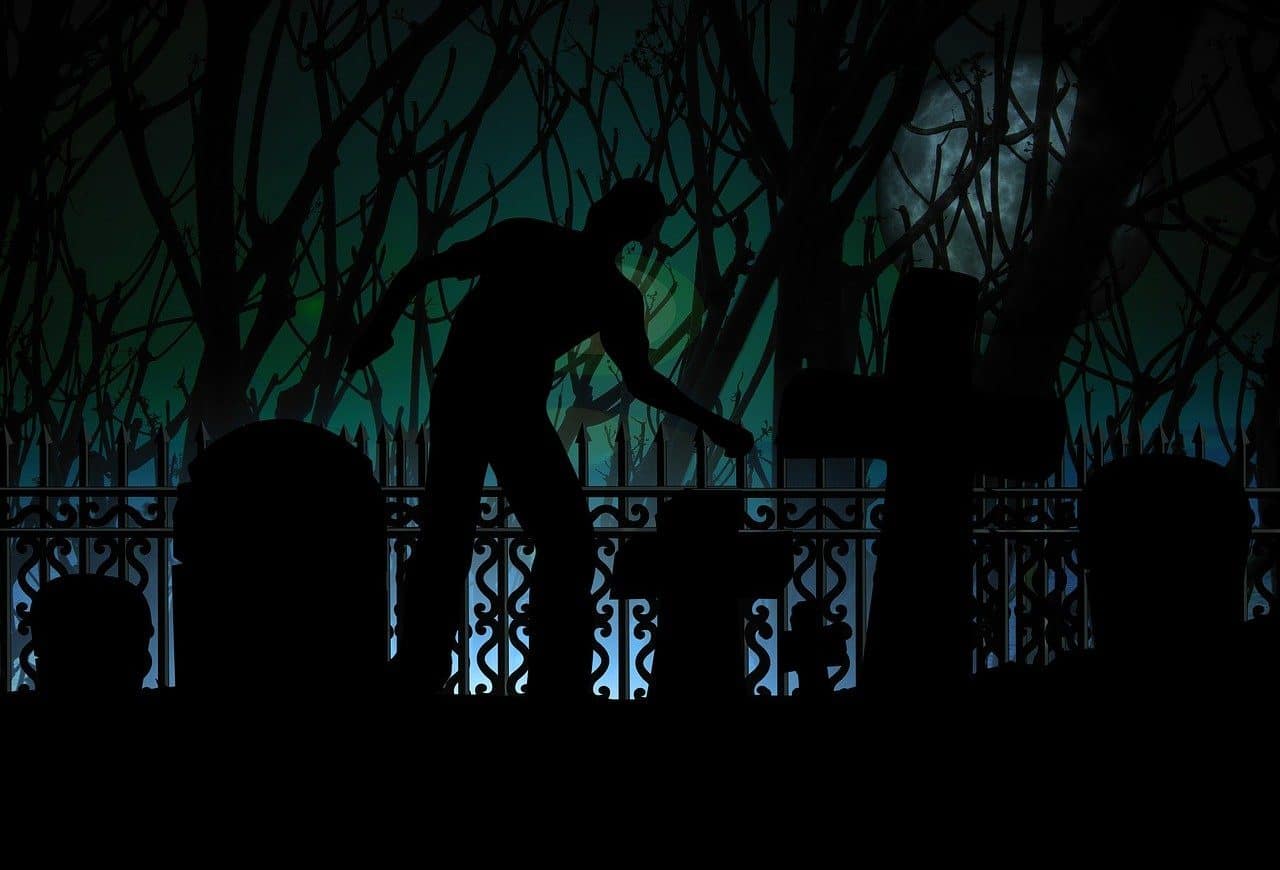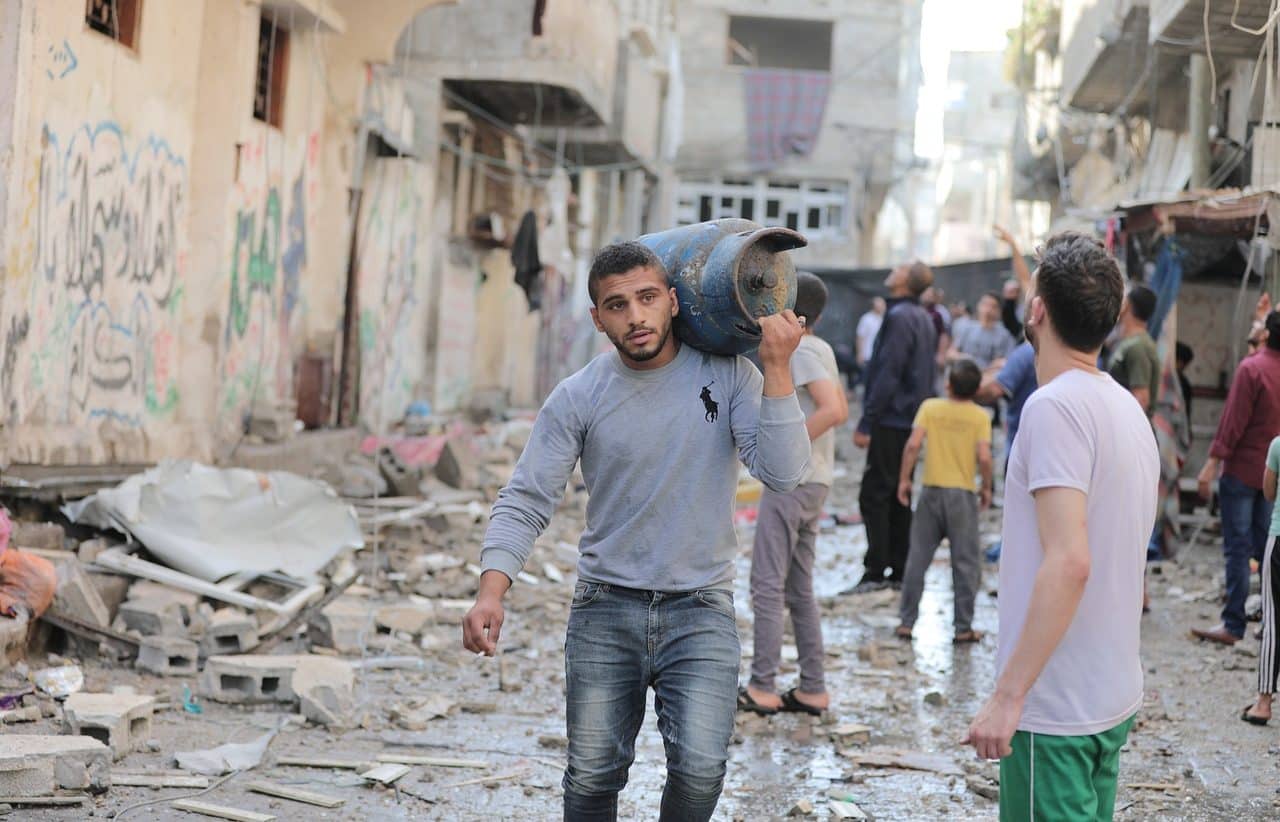
Terrible is a concept that comes from the term terror.
Terrible is an adjective from the Latin word terribĭlis that can be used with different meanings. The first meaning mentioned in the dictionary of the Royal Spanish Academy ( RAE ) refers to that which causes terror (fear of great intensity).
For example: “Terrible crash on the first lap of the race! Let's hope there are no injuries since the impact was very strong" , "When I saw the terrible wound I had on my arm, I was very scared and started to cry" , "The fall was terrible, but fortunately it did not have major consequences" .
Terrible is also something that is difficult to endure or resist : “Seeing my father injured by the bullet was something terrible for me,” “Being unemployed at this age would be terrible: I hope the company's situation improves quickly,” “ The truth is that it was terrible news, although with a lot of effort we managed to get ahead."
The terror and the terrible
As with any adjective derived from an abstract noun (in this case, terror ), we are faced with a word that can be conceived in many different ways. If we form a group of ten random people, it is very likely that they will not share all of their tastes or opinions on topics such as politics and religion, or their fears . This last point is the key to discerning what situation may seem terrible to someone.
The noun terror is precisely one of the synonyms for fear , as are the terms fright , dread and panic . In fact, the concept of night terror is a more intense version of the nightmare, since it is a sleep disorder that produces great fear in those who experience it and is usually accompanied by a special difficulty in completely recovering the state of consciousness. , in addition to violent movements, screams, crying, a high level of sweating, dilation of the pupils and acceleration of the heart rate.
Night terrors are generally triggered by lack of sleep, fever, or periods of stress and too much tension on an emotional level. All of these situations alter us physically and mentally, which is why they prevent us from resting normally. That said, it is very easy to understand why they chose a word from the family of "terrible" for this disorder . A person who fears losing their home, another who feels great insecurity in dealing with others, and a third who hates the dark will probably suffer very different nightmares , and will then use this adjective in equally disparate situations.

Something terrible has enormous proportions.
Different connotations
An event or object of enormous proportions , on the other hand, can be described as terrible: “The victory of the volleyball team generated a terrible impact internationally,” “I'm terribly hungry… is it long until dinner?” , “Mariana bought a terrible house facing the sea in Punta del Este” .
It is important to keep in mind that, depending on the context, this adjective can refer to something positive or negative . If a person indicates that a product has a “terrible success in the Asian market” , they will be referring to a good performance. On the other hand, if someone points out that the pollution of a certain beach is “terrible” , the rating made will be negative.
Unlike certain words whose use occurs with special frequency in popular speech or written language, terrible is one that appears in any area, although this does not mean that there are no differences depending on the context. If someone tries to describe in an informal conversation the situation experienced by the inhabitants of a town that has recently been bombed, they can perfectly well say that "they must be having a terrible time" ; In a newspaper, on the other hand, there will surely be talk of "the terrible reality of the victims." The mere inversion of order between the adjective and the noun causes an impact that is impossible to ignore.
